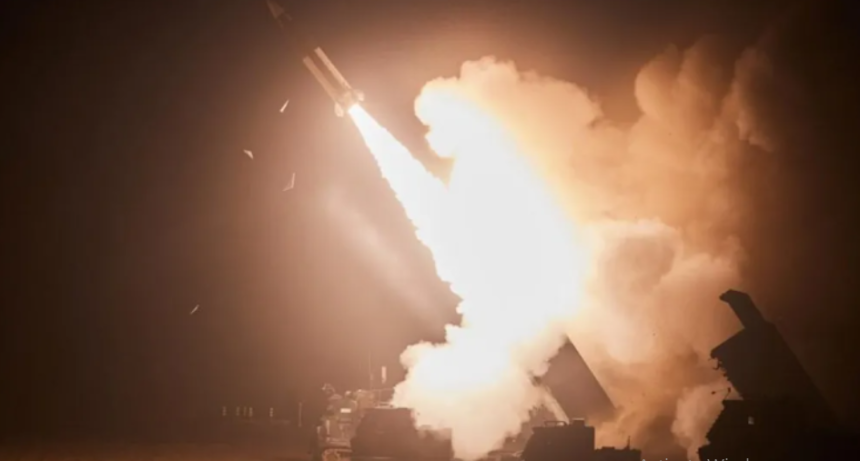President Joe Biden has suggested that Washington might lift restrictions on Ukraine’s use of US long-range missiles against Russia. This move would address Ukraine’s repeated requests to ease limitations on US-supplied weapons, which Kyiv officials claim have hampered their ability to effectively combat Russia’s full-scale invasion.
Russia has yet to respond, but President Vladimir Putin has previously warned that such action could lead to “very serious problems.” Biden’s comments follow accusations from US Secretary of State Antony Blinken that Iran has been supplying short-range ballistic missiles to Russia.
When asked by reporters on Tuesday if the US would remove restrictions on Ukraine’s use of long-range weapons, Biden indicated that his administration is “working that out now.”
Since Russia’s full-scale invasion of Ukraine began in February 2022, the US has been cautious about supplying or authorizing weapons capable of striking deep inside Russia for fear of escalating the conflict. However, the US has eased some restrictions, allowing Ukraine to use long-range missiles to target areas along Russia’s border where troops are stationed.
Other allies of Ukraine have also provided long-range weapons but with restrictions on their use within Russia to avoid provoking retaliation that could involve NATO countries or escalate into a nuclear conflict.
In recent months, Ukrainian President Volodymyr Zelensky has criticized the slow pace of weapons deliveries and has requested permission to strike targets deep inside Russia with Western-supplied missiles—a request the US has so far resisted. Putin has warned that such strikes could trigger a broader war, stating in May, “Constant escalation can lead to serious consequences. Do they want a global conflict?”
He also noted that responsibility for any attacks on Russian territory using Western missiles would fall on the arms suppliers, even if carried out by Ukrainian forces.
On a related note, the US, UK, France, and Germany have imposed new sanctions on Iran for supplying ballistic missiles to Russia for use in the conflict with Ukraine.
The new sanctions imposed on Iran by the US, UK, France, and Germany include restrictions on Iran Air’s flights to the UK and Europe, along with travel bans and asset freezes targeting several Iranians accused of facilitating military support for Russia.
During a visit to London, US Secretary of State Antony Blinken revealed that Iranian forces had trained Russians to use short-range ballistic missiles, which could be deployed against Ukrainians within weeks. These missiles are expected to enhance Russia’s capabilities, allowing it to strike Ukrainian cities near the Russian border or in areas already under Russian control, while continuing to use longer-range missiles deeper into Ukrainian territory.
Iran has consistently denied supplying such guided weapons to Russia. UK Foreign Secretary David Lammy described Iran’s actions as “a significant and dangerous escalation.”
Blinken and Lammy are scheduled to travel to Kyiv together on Wednesday to meet with President Volodymyr Zelensky. Blinken emphasized that one of their objectives for the visit is to “hear directly from the Ukrainian leadership” about their “objectives and what we can do to support those needs.”



